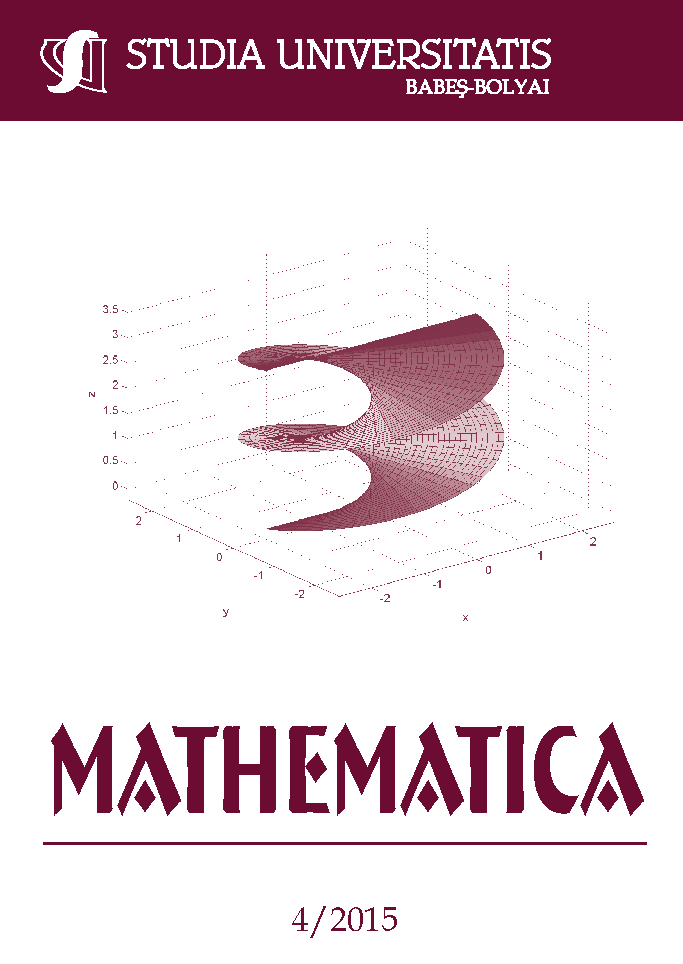Thomas Bedürftig und Roman Murawski, Philosophie der Mathematik, 3rd expanded and revised edition, xvii+465 pp, Walter de Gruyter, Berlin, 2015, ISBN: 978-3-11-033117-2/pbk; 978-3-11-033118-9/ebook.
Abstract
Any person, well acquainted with the history of mathematics, could grasp the fact that the development of mathematics is not a linear one. Indisputably, the most notable conceptual changing happened in the 19 century, a moment in which the analysis of the real numbers, the set theory and the axiomatic approach impose a new paradigm, in which much of the old problems get a mathematical solution and in which new topics do generate new problems. This is the conceptual ground on which, in a very inspired and extremely exible mode, the mathematics and the philosophy encounter each other in an excellent book on the philosophy of mathematics.Downloads
Published
How to Cite
Issue
Section
License
Copyright (c) 2015 Studia Universitatis Babeș-Bolyai Mathematica

This work is licensed under a Creative Commons Attribution-NonCommercial-NoDerivatives 4.0 International License.


